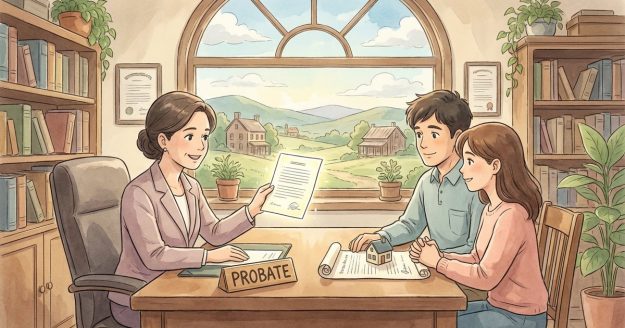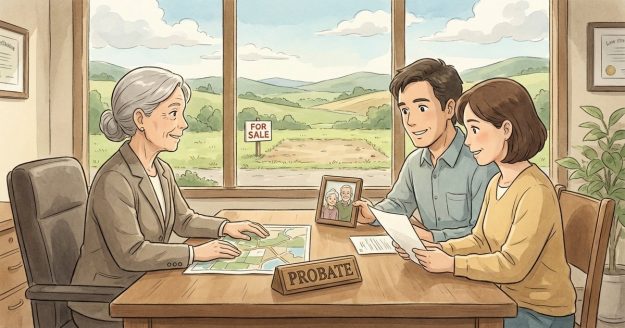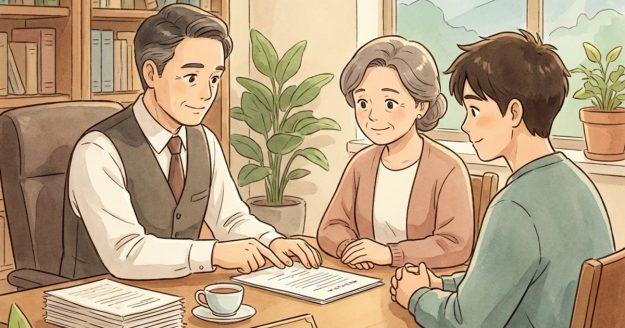Why can’t the property sale close yet if I’m already under contract? nc
Why can’t the property sale close yet if I’m already under contract? – North Carolina Short Answer In North Carolina, being “under contract” does not always mean the estate has legal authority to deliver marketable title at closing. A closing can be delayed if the personal representative (executor/administrator) has not been appointed, if required creditor-notice…











